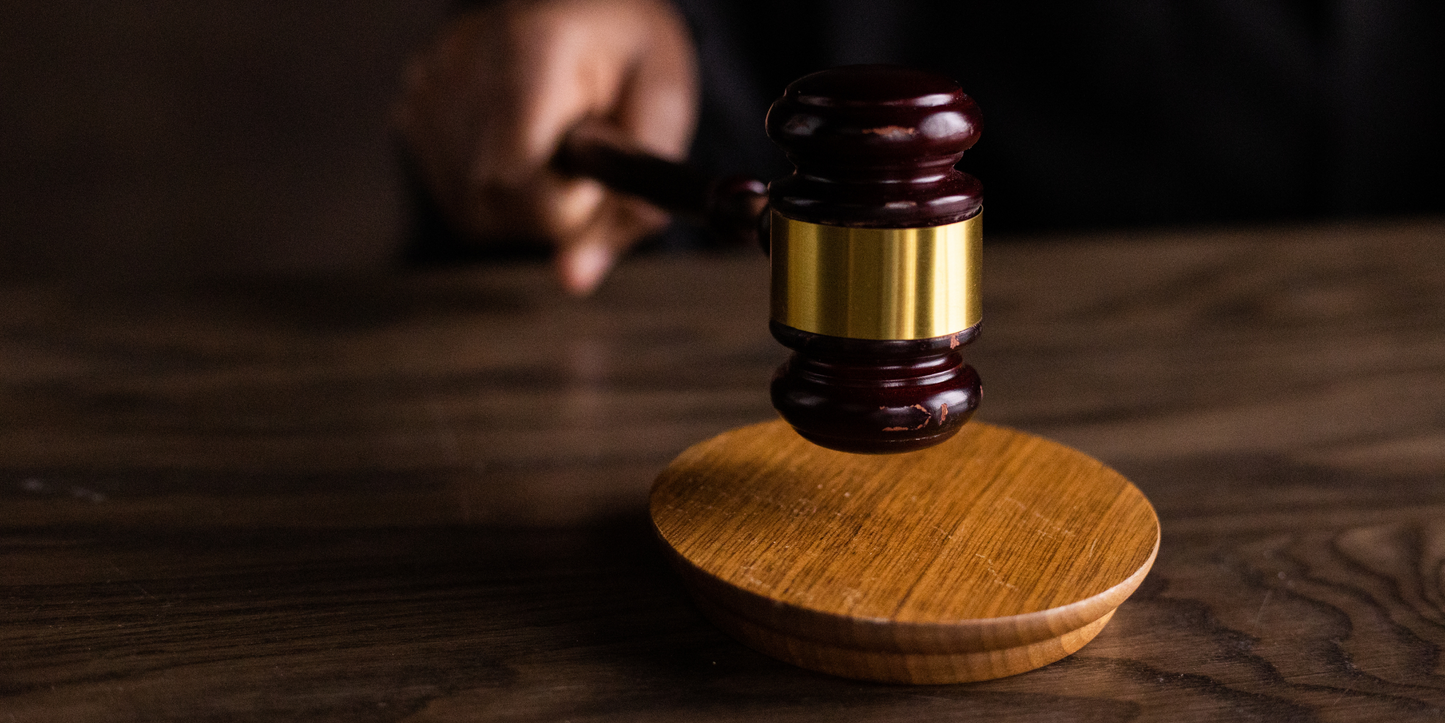
Why Hemp Was Banned and What’s Changing Now
Is hemp legal in India? What about hemp seeds or skincare products? This blog breaks down the current hemp laws in India and across the world from what’s allowed to how it’s changing. Get clarity on THC limits, Ayurveda rules, food approvals, and why legalizing hemp matters for wellness, agriculture, and sustainability.
Hemp, one of the oldest crops in human civilization, was misunderstood for decades. Misclassified and caught in legal grey areas, it faced bans in many parts of the world. Today, however, things are changing.
Governments and industries across the globe are waking up to hemp’s power not just in wellness and nutrition, but also in textiles, construction, and ecological restoration. India, too, is re-embracing hemp, where it once held sacred status in Ayurveda and daily life.
Hemp vs. Marijuana: What’s the Difference and Why It Matters
The main reason hemp was banned globally is its confusion with marijuana.
- Hemp comes from Cannabis sativa, but has 0.3% or less THC, the compound that causes intoxication. It does not make you “high.”
- Marijuana also comes from the same plant species, but contains higher THC levels, leading to psychoactive effects.
This distinction is now well-recognized, and most progressive laws treat hemp as a non-intoxicating, agricultural commodity.
Is Hemp Legal in India? What the Law Actually Says
India’s regulation of hemp is governed by the Narcotic Drugs and Psychotropic Substances (NDPS) Act, 1985.
Under the Act:
- Hemp is legal if it contains THC of 0.3% or less.
- It must be grown for industrial use only, for seeds, oil, or fiber.
- Hemp seeds and leaves are excluded from the definition of “Ganja” (marijuana), making room for use in Ayurveda, food, and cosmetics.
States like Uttarakhand, Uttar Pradesh, Madhya Pradesh, and Himachal Pradesh have allowed licensed hemp cultivation.
Where Hemp Is Allowed in India: Food, Ayurveda, Cosmetics
1. Food, Nutrition and Hemp
FSSAI (Food Safety and Standards Authority of India) approved hemp seed, hemp seed oil, and hemp flour as legal food ingredients in 2021.
These are now found in protein powders, nutrition bars, cold-pressed oils, and spreads.
2. Cosmetics and Hemp
Hemp seed oil and powder are fully legal for use in skincare, haircare, and body care.
They are recognized for anti-inflammatory and antioxidant properties, especially in acne-prone or sensitive skin types.
3. Ayurveda, Medicinal Use and Hemp
Hemp leaves (Vijaya) are approved under Schedule E(1) for Ayurvedic use:
- Topical use (oils, balms, ointments): Legal over-the-counter
- Internal use (capsules, tinctures, paste): Requires Ayurvedic prescription
The Ayurvedic Pharmacopoeia of India includes hemp leaf in multiple therapeutic formulas for pain, anxiety, digestive issues, and neurological balance.
Hemp Laws Around the World: US, Europe, China and More
Here’s how hemp is treated around the world:
- United States: Legalized under the 2018 Farm Bill. Hemp with 0.3% or less THC is treated as an agricultural crop.
Source: U.S. Department of Agriculture (USDA) - Canada: Legal since 1998. A global leader in hemp-based food and wellness products.
Source: Government of Canada – Cannabis Regulations - Europe: Most EU countries allow hemp with 0.2% or less THC. Used widely in bioplastics and green construction.
Source: European Industrial Hemp Association (EIHA) - China: The world’s largest hemp producer. Focused on textiles and construction-grade fiber.
Source: China National Textile and Apparel Council - Australia and New Zealand: Permit hemp in food, skincare, and health supplements.
Source: Food Standards Australia New Zealand (FSANZ)
The Impact of Hemp Legalization: For Farmers, Wellness, and the Planet
Hemp For Farmers
- High-yield, climate-resilient crop
- Requires less water and fewer pesticides
- Diversifies rural income
Hemp For Industry
- Hempcrete for green buildings
- Biodegradable packaging
- Natural textiles and paper alternatives
Hemp For Wellness
- Regulated access to hemp-based nutrition
- Legal therapeutic use under Ayurveda
- Safer, plant-based options for pain, stress, sleep, and hormonal issues
Hemp For the Planet
- Captures 15 tons of CO₂ per hectare
- Restores degraded soil
- Reduces deforestation and plastic waste
What Experts Say About Hemp’s Future and Legal Reform
"It is time we stop confusing cannabis with crime and start seeing it as an opportunity for growth and healing."
Jack Herer, Author of The Emperor Wears No Clothes
"Hemp is not a drug. It is an agricultural commodity with enormous potential for economic and environmental benefit."
Ron Paul, Former U.S. Congressman
"Legalizing hemp is about progress, not prohibition. It’s time to tap into its full potential."
Vikram Pathania, Indian Hemp Advocate
How Hampa Uses Legal Hemp to Support Daily Wellness in India
At Hampa Wellness, we are using legal, FSSAI- and AYUSH-approved hemp ingredients to support India’s wellness goals.
Our categories include:
- Nutrition: Hemp Hearts, Protein Powder, Bars
- Skincare: Hemp Face Wash, Serums, Creams
- Haircare: Hemp Oils, Shampoo, Conditioner
- Therapeutics: Vijaya-based capsules, roll-ons, and tinctures
- Pet Care: Safe and natural hemp oils for dogs and cats
- Ayurvedic Classicals: Formulations using hemp leaf as per Indian Pharmacopeia
All our products are 100% legal, plant-based, and made in India.
Frequently asked questions (FAQs):
1. Is hemp legal in India?
Yes, hemp with THC of 0.3% or less is legal under the NDPS Act for industrial, Ayurvedic, and cosmetic use.
2. Can I consume hemp seeds or oil?
Yes. FSSAI has approved hemp seeds, oil, and flour for use in food and beverages.
3. Can I use hemp-based skincare?
Absolutely. Hemp seed oil and powder are legally permitted in cosmetics by Indian regulators.
4. Do Hampa products contain THC?
No. All products meet the legal THC threshold and are non-intoxicating.
5. Are Vijaya-based capsules or tinctures legal?
Yes, but only with a prescription. These fall under Ayurvedic Schedule E(1) medicines.

